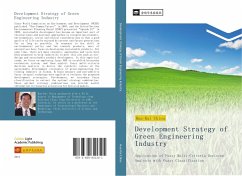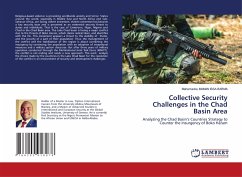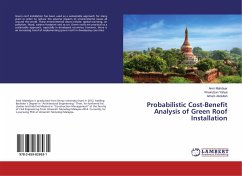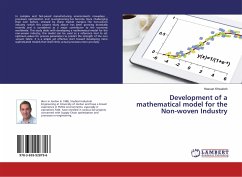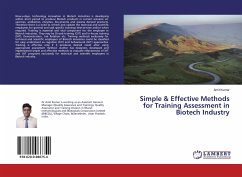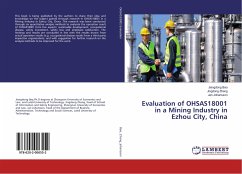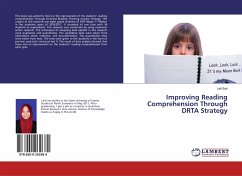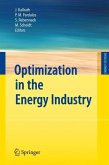Since World Commission on Environment and Development (WCED) published ¿Our Common Future¿ in 1987, and the United Nations Environmental Planning Board (UNEP) presented ¿Agenda 21¿ in 1992, sustainable development has become an important part of international and national approaches to integrating economic, environmental, social and ethical considerations so that a good quality of life can be enjoyed by current and future generations for as long as possible. In response to the shift in environmental policy and law towards products, most of enterprises have focus on developing sustainable products. For some time, there are many concepts, approaches and tools have been proposed to help industries to meet this aim such as eco-design and sustainable product development. In this empirical study, we focus on employing fuzzy AHP to establish hierarchy evaluation system, and then exploit fuzzy multi-criteria decision analysis to derive the synthetic values of the sustainable development strategies of green engineering for fishing industry in Taiwan. ¿ fuzzy measure and non-additive fuzzy integral technique were applied to evaluate the proposed development strategies. Furthermore, we introduce fuzzy classification to extract the optimal strategy combination. These optimal strategy combinations can provide useful information in resources allocation for decision makers.
Hinweis: Dieser Artikel kann nur an eine deutsche Lieferadresse ausgeliefert werden.
Hinweis: Dieser Artikel kann nur an eine deutsche Lieferadresse ausgeliefert werden.

